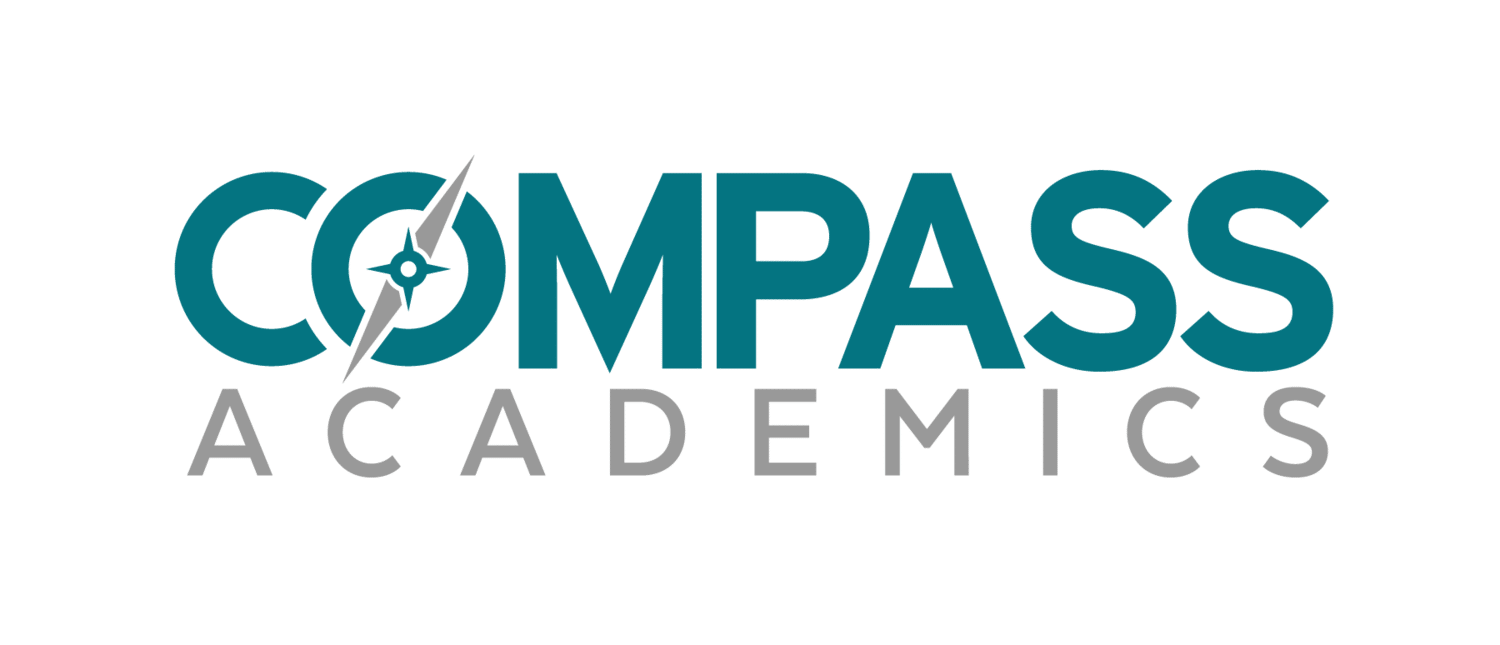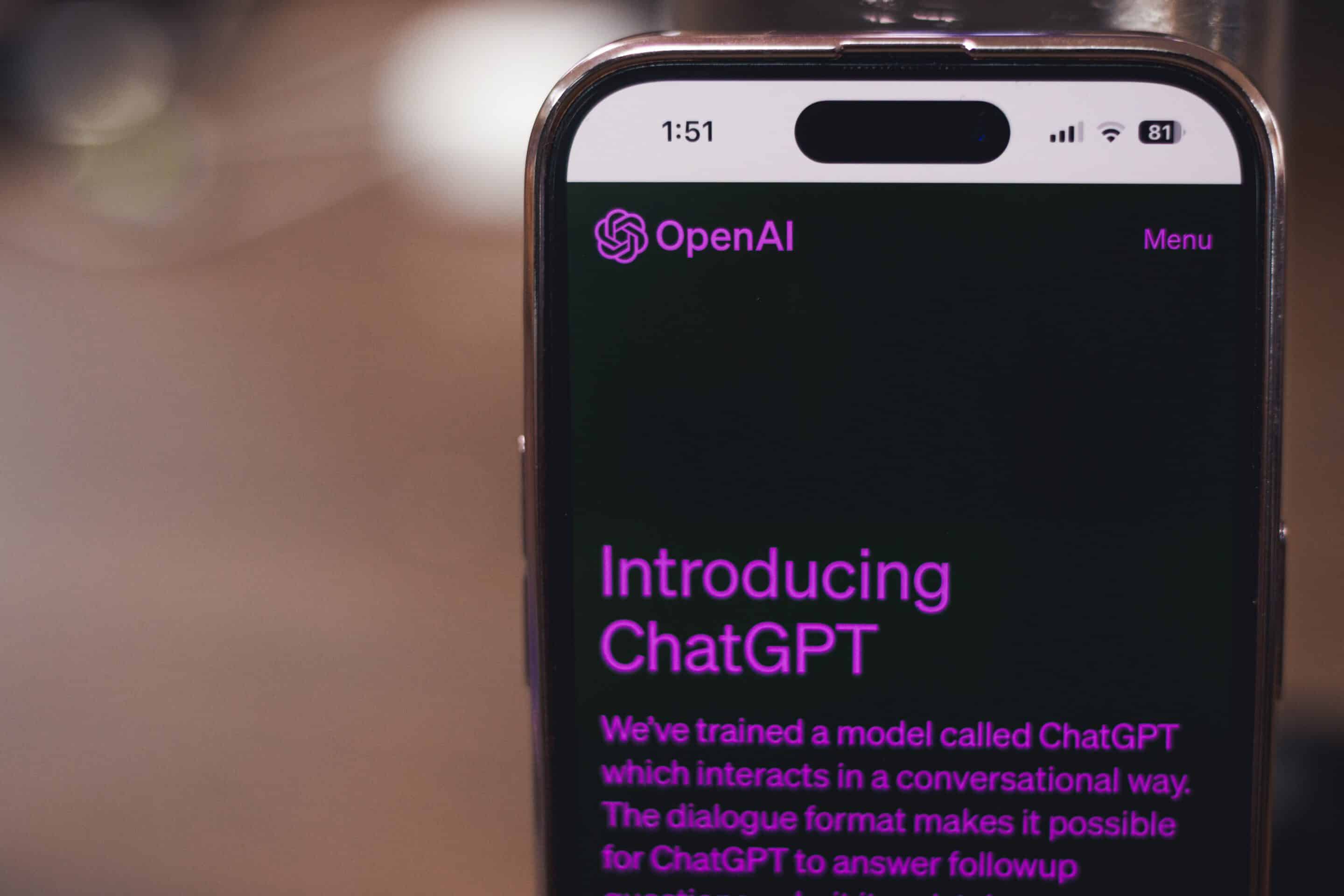ChatGPT has taken the world by storm. It’s clear that the AI writing technology is going to disrupt industries and change the way many people do day-to-day tasks, but should it change the way students create their college admissions materials?
The answer may be more complicated than you think. Let’s dive into the do’s and don’ts of using AI-assisted writing in your admissions process.
DON’T: Use ChatGPT to Generate Your Personal Statement or Writing Sample
First and foremost, it is unethical to submit work that you didn’t write as your own. You already know that. You wouldn’t (we hope) hire someone to write your personal statement for you. For the same reasons, you shouldn’t hand the task over to AI — no matter how tempting it might be.
Furthermore, it’s not even a good strategy. When admissions committees look through your materials, they’re not looking for a generic stamp of approval. They’re looking for something that will stand out and leave a mark. ChatGPT is not the right tool for the job. It works by aggregating the most common ideas into one place. That’s the opposite of standing out from the crowd.
DON’T: Rely on ChatGPT for Facts, Figures, or Accurate Information
You’ve probably seen a lot of discussion about whether or not the information produced (or perhaps, more accurately, aggregated) by ChatGPT is accurate.
The bottom line is that ChatGPT may sound impressive, but much of what it produces is outdated, oversimplified, or flat out fabricated.
If you have to submit a research writing sample or any other kind of work that relies on facts, figures, and accurate use of sources, ChatGPT is definitely not the tool to use. Not only does it have a limited pool of data that is not up to date, but it also frequently gets things wrong.
DO: Consider ChatGPT as a Brainstorm Tool
ChatGPT may not be great at accuracy of facts and figures, but it can be a very powerful brainstorm tool.
If you’re stuck coming up with ideas for your personal statement, for instance, you can turn to ChatGPT to generate some writing prompts.
For example, ChatGPT responded to this prompt:
Can you give me 10 writing prompts that would help me write an essay about my personal character and commitment?
It produced a list of ten prompts that would likely provide a good starting point for solid personal statements. These prompts included:
• Reflect on a specific moment or experience that tested your character and commitment. Describe the situation and explain how it revealed important aspects of your personality and dedication.
• Share a significant challenge or obstacle you have faced and discuss how your character and commitment helped you overcome it. What personal qualities did you rely on, and how did they contribute to your success?
• Discuss a role model or mentor who has influenced your character and commitment. Explain why this person is significant to you and how their example has shaped your own values and determination.
• Describe a time when you had to make a difficult decision that required both character and commitment. Explain the factors that influenced your choice and how it impacted your personal growth.
DO: Write Your Own Drafts Before Considering Turning to AI Technology
It’s unrealistic to tell students to ignore AI technology. It’s here, and it’s only going to become more capable and prevalent in the coming years.
You can use AI-powered tools like ChatGPT ethically to aid in putting together your college application materials, but it means making sure that you do the work first.
If you have full drafts of your materials, you could consider using ChatGPT to look at individual paragraphs and give advice about sentence structure, grammar, and punctuation.
It’s important to remember that even in this limited capacity, ChatGPT is not a perfect tool. Ultimately, you need to make the decision about what you want to submit, but pasting in specific paragraphs and asking for writing advice is a way to make sure that the ideas are still yours while getting some proofreading help.
Final Word: Be Cautious and Be Authentic
The most important thing to know about ChatGPT and admissions materials is that turning in unoriginal work is likely going to backfire. Many colleges and universities have already started using sophisticated AI detection software to help weed out works that students didn’t write.
Admissions committees are looking for personality and uniqueness. They’re looking for you, and you want to find a school that’s a good fit.
Don’t rely on AI writing generators to create something that’s so important to your future. Take the time to create your materials ethically and authentically.




0 Comments